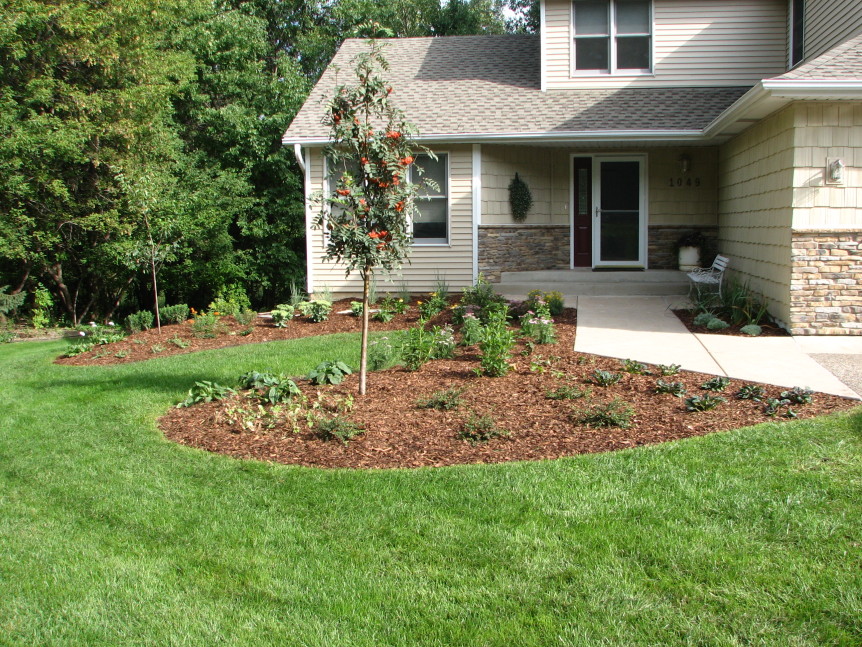Though many people immediate just think about planting flowers in the spring and trimming hedges whenever they grow wild as the majority of their landscaping duties, if you look at it as more of a year-round concept, especially if you’re a homeowner with a family, you might have a better idea of scheduling, as well as a better overall look for your home through all of the seasons.
Just as plants and weather go through cycles, landscaping work can do the same thing, so if you pay attention to things like spring cleaning, local planting advice, pruning tricks, dealing with fall leaves and yard waste, and year-round composting suggestions, you’ll have a good idea about what to do during each seasonal change around your house. Having said that, if you’re not sure how to go about this, you could hire an expert from companies like Red Shovel Landscaping to make your space look beautiful.
Start With the Spring Cleaning
The best place to start is with spring cleaning. This gives you a fresh perspective about your landscaping as a whole, and will allow you to better plan for the rest of the year. Start with spring cleaning advice you can find online, and cherry-pick the information that best suits your purpose and your budget. If this is a new home for you, the whole process will be fresh, whereas if you’ve lived in the same place for longer than a year, it will open up a whole new set of possibilities.
Research Local Planting Times
Great landscaping means planting the right things at the right time, which means researching local planting schedules. You can either find these from websites dealing with farming, or perhaps from local nurseries that can tell you everything that you need to know down to the minute details like soil types and sunshine variables.
Pruning Times and Tricks
And a big part of your overall landscaping plan isn’t going to just deal with how things grow, but how to prune as well. What are the best times to prune certain types of flowers or shrubs? How much should you prune them back? Are there any ways to work with making things look more symmetrical or artistic? All of this information will increase your ability to landscape to your desired output.
Fall Leaves and Yard Waste
And another aspect of landscaping is going to be late-fall yard cleanup. Do you have a plan for what to do with fallen leaves and sticks? Is there a place in your yard you plan to have a compost pile, for instance?
Year-Round Composting Advice
And speaking of compost, for organic-style landscapers, if you plan a year-round composting process, that can save you money on buying new dirt every year, prevent the need to throw away other yard waste you accumulate, and improve the overall nutrient value of your yard.
- Best learning toys for children as they age - July 19, 2023
- Luxury yacht charter vs. standard yacht charter: Which is right for you? - February 7, 2023
- Comfortable Shoes for Being on Your Feet All Day - January 10, 2023

Like It? Share It!